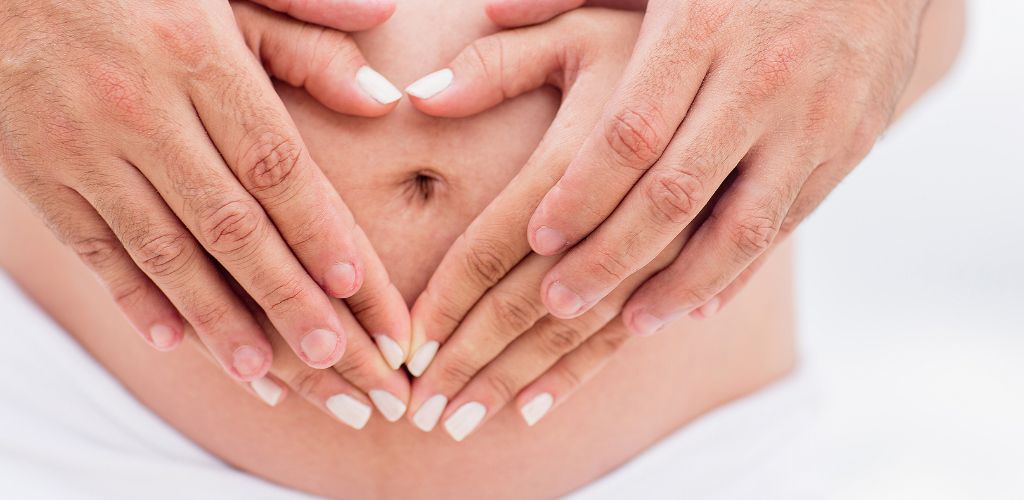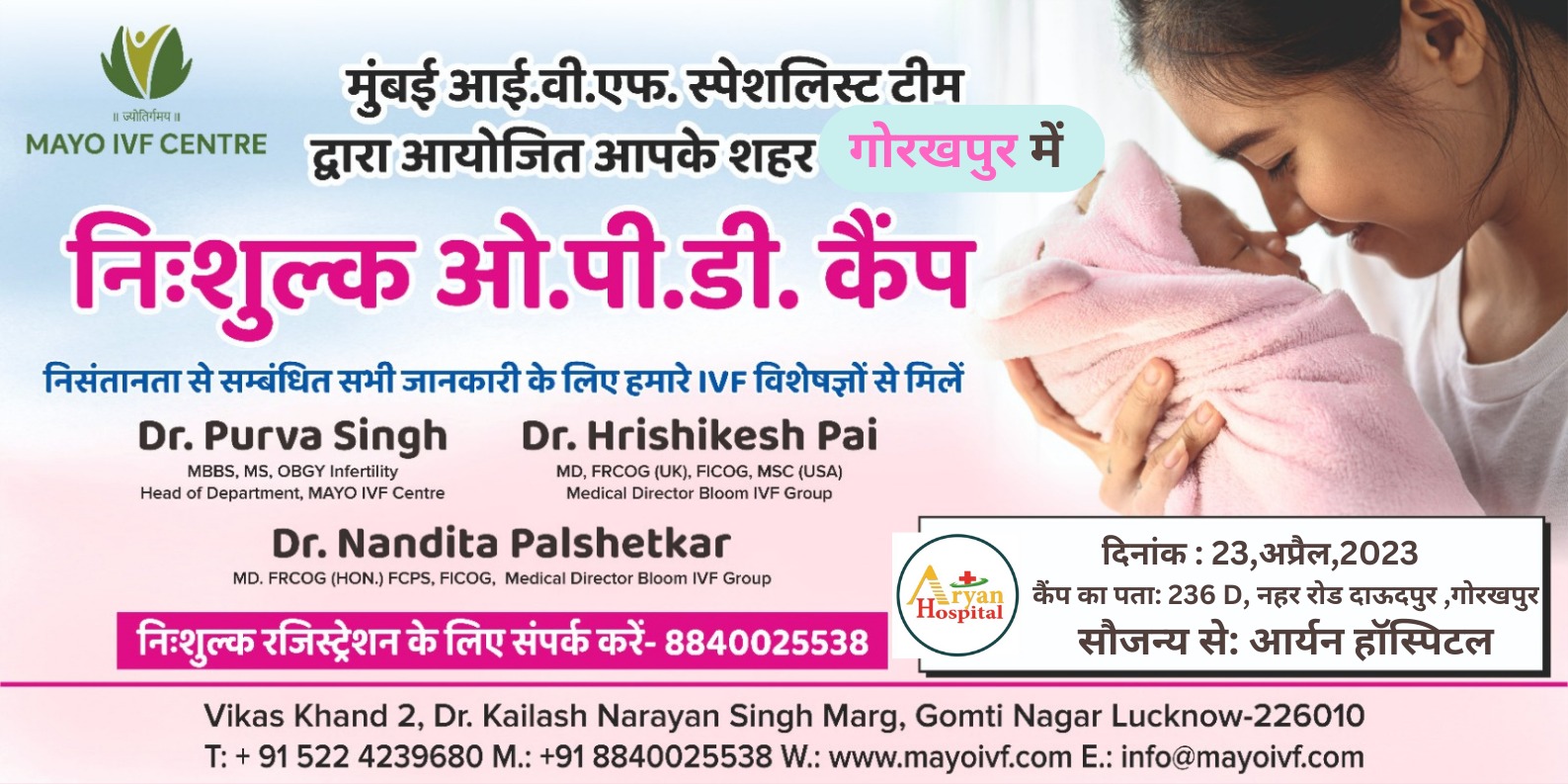
We constitute a generation of the human race that is experiencing one of the world’s most devastating pandemic has ever seen. We cannot deny the fact that adequate data is not available concerning how coronavirus affected pregnant women and babies.
Pregnant women are at risk for severe diseases associated with other respiratory illnesses, but thus far, there is no certified data to prove that pregnant women appear to be at increased risk for contracting COVID 19 when compared with the general population.
There is also no evidence that a woman infected with the coronavirus will have any complication in their pregnancy specifically due to this reason.
The decision to become pregnant is very personal and there are no right or wrong answers. However, with the current situation in mind, there are a few things that should be taken into consideration while planning a pregnancy.
Planning Pregnancy in COVID Pandemic
Even before the pandemic, doctors advised women to talk with their doctor before becoming pregnant. Approximately 50% of pregnant women suffering from SARS required intensive care, and approximately 33% needed mechanical ventilation. The death rate of pregnant women suffering from SARS reached 25% as of March 2020.
Underlying health conditions, such as diabetes or heart disease, can increase the risk for complications for babies and mothers. Some of these issues also increase the risk of poor outcomes with COVID-19.
Should mothers plan their pregnancy during COVID-19?
The Centers for Disease Control and Prevention (CDC) in June released a report that suggested pregnant women with COVID-19 might be at higher risk for severe illness. However, it also found that pregnant women with COVID-19 appear at no greater risk of dying from the virus than nonpregnant women their age.
New evidence suggests the virus can pass from mother to fetus before birth via the placenta. However, there is no data on outcomes for women who had infections early in pregnancy, since many of these patients haven’t delivered yet. Also, pregnant women haven’t been included in COVID-19 vaccine trials.
What are the necessary COVID measures to be taken?
During pregnancy or when trying to conceive, you should become even more diligent about COVID-19 prevention.
- Avoid large crowds and opt for video chats instead of in-person socializing.
- If you have visitors in your home, ask them to wear a mask, wash their hands when they arrive.
- Keep at least six feet of distance between you.
- Sanitize yourself and your surroundings once again after they leave.
- CDC guidelines state that pregnant women should not skip prenatal or postpartum appointments.
- Many pregnant women have been dealing with anxiety during the pandemic. Anxiety can lead to depression and isolation, which makes it difficult to have a healthy pregnancy or care for a new-born.
Important Factors
Some other important factors play a role in deciding how you should go about pregnancy in COVID.
- Work & Finance: There is a possibility of you losing your job in the pandemic. You and your partner need to be financially stable at the moment for the good upbringing of the baby. Otherwise, it can cause unnecessary stress.
- Age: The biggest factor with age is whether waiting to get pregnant creates a risk that your window of natural fertility will close. While the average age of first-time motherhood has increased in the past decade, women older than 40 still have increased risks associated with pregnancy.
- Childcare: Childcare may be a dilemma during the pandemic. If you plan to work from home with your new-born, you'll need to plan to handle both responsibilities. You may have to consider different options, such as in-home childcare or a nanny.
Childbirth and Post Pregnancy
Is it safe to give birth at the hospital in the current circumstances?
It is strongly recommended that you contact your medical care provider for further guidance. If you are planning to visit the hospital, it is crucial to wear a respirator and practice social distancing. You should also ask the medical care workers at the hospital all the questions you may have about coronavirus and its effect on pregnancy.
At this time most hospitals have banned the entry of any visitors and the policy varies from hospital to hospital. So, it is important to call up and check the visitor policies beforehand, in case you don’t want to be stuck in the room all alone.
An important thing to note is it is not advisable to allow visitors home, near new-born or mother especially if you live in a containment zone. So, avoid meeting friends and extended family members, as of now.
What precautions can we follow to protect mother and child?
- Wash your hands before touching the new-born.
- If someone at home is sick, keep the baby away and take all the necessary precautions.
- Make sure to clean the frequently touched objects, especially around the new-born.
- Sanitize the mother’s and baby’s surroundings to avoid any kind of infection.
- If you have to take your baby out — for instance, to a doctor's visit — keep yourself and your baby at least 6 feet away from other people. You should wear a mask or cloth face covering, but do not put anything over your baby's face.
- If someone in your home is sick, take all recommended precautions. Keep your baby away from anyone who is sick.
- At home, all caregivers should wash their hands before and after touching your baby. Keep all surfaces clean.
Postpartum Care in COVID
A safe and positive childbirth experience includes:
- Being treated with respect and dignity.
- Having a companion of choice present during delivery.
- Clear communication by maternity staff.
- Appropriate pain relief strategies.
- Mobility in labour where possible, and birth position of choice.
Given current circumstances, we need to consider how we can minimize potential longer-term consequences for maternal morbidity. If women ‘fell through the gaps’ due to poor postnatal care before the pandemic, further health inequalities or differential impacts on some groups of women mustn't be increased because of failure to meet women's needs during the pandemic.
We must make high-quality postnatal care a priority, commencing with actions we could take now. All women should have a postnatal discharge plan reflecting pre-existing, pregnancy, or immediate postnatal related medical or psychological problems, with a pathway of the core, planned contacts with a key named midwife offered face to face or remotely in line with women's preferences and clinical assessment. Planning should involve the woman, her family and if relevant, the multi-disciplinary team to promote joined-up services.
For those who select temporary separation, the expression of breast milk with a careful hand and breast hygiene should be encouraged, with the feeding of the breast milk done by a healthy caregiver. A mother who chooses to room with her new-born should use a face mask and careful hand and breast hygiene before breastfeeding. Newborns born to mothers with COVID-19 at delivery should be considered to have suspected COVID-19 and isolated from healthy new-borns.
Short-term, we need to collate data on hospital admissions for diagnosed COVID-19 infection and cases managed in the community amongst postnatal women, implement changes that require minimal system support, such as planning contacts based on need and improving communication pathways.
Longer-term we need evidence of appropriate interventions to support a comprehensive package of care to assess and address individual physical and psychological needs of all postnatal women, with robust data collection systems to document outcomes.
– Conclusion –
COVID‐19 with pregnancy is a high‐risk pregnancy, which should be managed in a tertiary care hospital with all facilities and specially trained staff must be employed to take care of such mothers in a safe way.
By -
Dr. Ruchika Singh
14-April-2023



